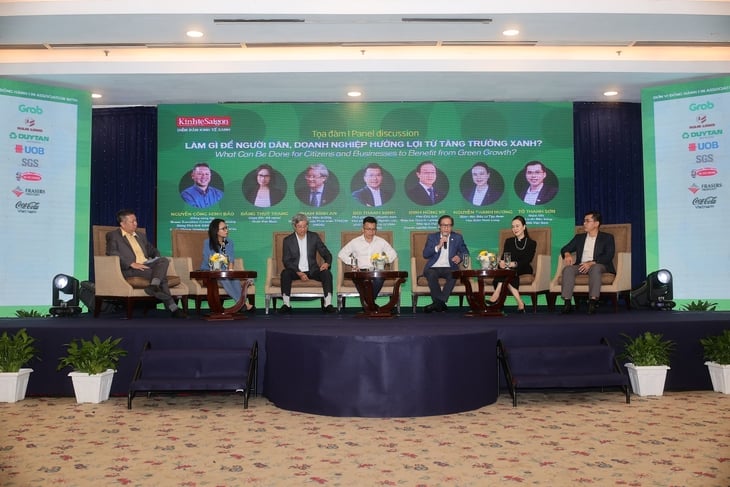
Speakers discuss directions for businesses amid increasing green pressure - Photo: BTC
This is the message emphasized by many speakers at the event "Sustainable Development 2025: A New Era for Green Economic Development", part of the Green Economic Forum series organized by Saigon Economic Magazine on August 28 in Ho Chi Minh City.
Green Transition: The Ticket to Entry out into the world
Speaking at the event, Mr. Dinh Hong Ky, Chairman of the Ho Chi Minh City Green Business Association (HGBA) , cited research by American futurist Jamais Cassio and said that the world has left the VUCA era (volatile - uncertain - complex - ambiguous) to enter the BANI era (fragile - anxious - non-linear - difficult to explain).
"In the new context, any long-term plan can become a "dangerous legacy" if it lacks flexibility," Mr. Ky emphasized.
Along with that is a series of green trade barriers: carbon border adjustment mechanism (CBAM), ESG (environmental - social - governance) standards, supply chain transparency requirements... being applied by major markets such as the EU, US, and Japan.
Mr. Ky warned: "If they do not meet green standards, Vietnamese enterprises will find it difficult to maintain their position in the global value chain."
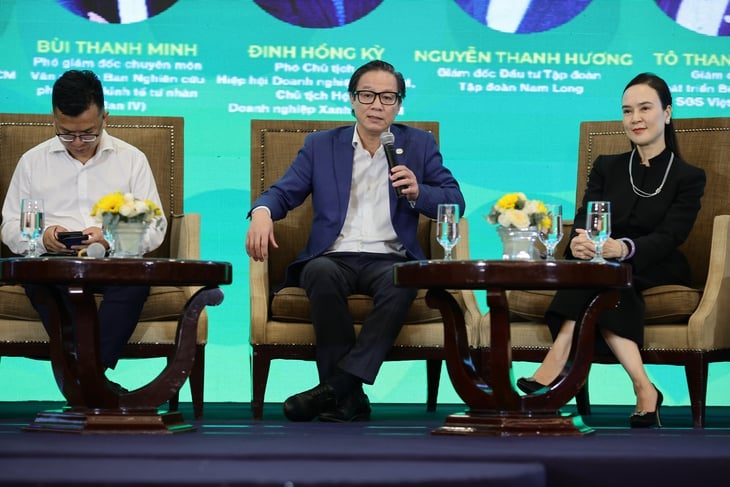
Mr. Dinh Hong Ky, Chairman of the Ho Chi Minh City Green Business Association (HGBA), emphasized that green transformation is an inevitable path, no longer a choice - Photo: BTC
From a market perspective, Mr. To Thanh Son, director of sustainable development at SGS Vietnam, said that certificates such as ISO 14064, ISCC, GRS, FSC, BSCI or SA8000 have become "passports" for businesses.
"Multinational corporations such as Apple, Microsoft, and Adidas all require suppliers to meet ESG standards, while international consumers are increasingly demanding and willing to turn their backs on brands suspected of "greenwashing," said Mr. Son.
Small Business: Bumpy but Not Stuck
In fact, 90% of Vietnamese enterprises belong to the small and medium-sized enterprises (SME) group. This is the group that has the most difficulty when it comes to investing in clean technology, improving processes, and training human resources.
However, according to experts, SMEs are not completely at a disadvantage. Their strengths are flexibility, agility, and adaptability if they have the right strategy.
Mr. Dinh Hong Ky believes that green transformation cannot be just a few small adjustments, but requires a comprehensive reshaping of everything from business models, supply chains to corporate culture.
According to him, the previous closed model should be replaced by an open ecosystem, where businesses, partners, customers and communities collaborate to create shared value. "Leaders must be the architects of green transformation, shaping the vision and inspiring the entire organization," he emphasized.
Meanwhile, Mr. To Thanh Son suggested that SMEs can start with small targets, such as setting a target of at least 5% of revenue coming from green products or services. This is a way to force businesses to plan seriously, thereby creating motivation for innovation.
More importantly, Mr. Son believes that compliance with international standards needs to become a daily habit. "The bottom line is that green transformation is not far away. It is the work that businesses are already doing every day, from data management, monitoring energy consumption to improving production," Mr. Son said.
From a management perspective, Mr. Pham Binh An, deputy director of the Ho Chi Minh City Institute for Development Studies, said that the city is building a green transformation roadmap with a systematic, methodical and measurable approach.
"The city's leaders affirmed their desire to accompany businesses to effectively implement green programs. The coordination between the government - businesses - community is the key to sustainable goals," said Mr. An.
Source: https://tuoitre.vn/doanh-nghiep-nho-khong-co-chi-phi-lam-sao-de-xanh-20250828191313583.htm



![[Photo] General Secretary To Lam presents the 45-year Party membership badge to comrade Phan Dinh Trac](https://vphoto.vietnam.vn/thumb/1200x675/vietnam/resource/IMAGE/2025/8/28/e2f08c400e504e38ac694bc6142ac331)
![[Photo] Prime Minister Pham Minh Chinh meets with Speaker of the New Zealand Parliament Gerry Brownlee](https://vphoto.vietnam.vn/thumb/1200x675/vietnam/resource/IMAGE/2025/8/28/cec2630220ec49efbb04030e664995db)
![[Photo] Red flag with yellow star flutters in France on National Day September 2](https://vphoto.vietnam.vn/thumb/1200x675/vietnam/resource/IMAGE/2025/8/28/f6fc12215220488bb859230b86b9cc12)
![[Photo] Politburo works with the Standing Committee of Cao Bang Provincial Party Committee and Hue City Party Committee](https://vphoto.vietnam.vn/thumb/1200x675/vietnam/resource/IMAGE/2025/8/28/fee8a847b1ff45188749eb0299c512b2)
![[Photo] General Secretary To Lam attends the opening ceremony of the National Achievements Exhibition](https://vphoto.vietnam.vn/thumb/1200x675/vietnam/resource/IMAGE/2025/8/28/d371751d37634474bb3d91c6f701be7f)



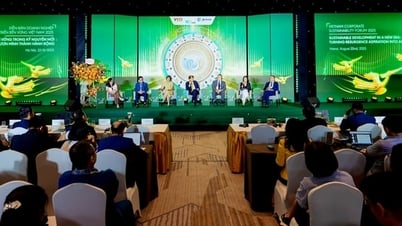

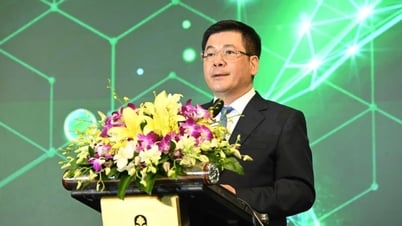

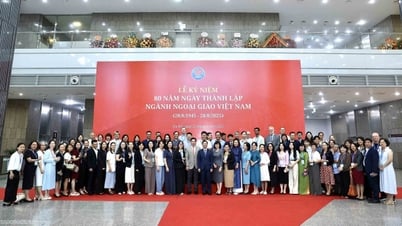



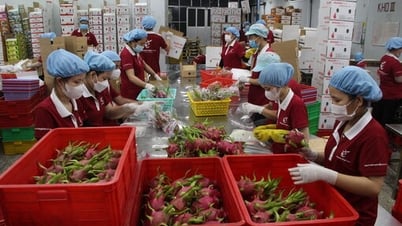





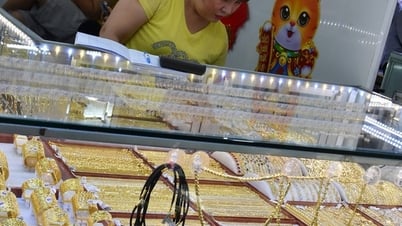

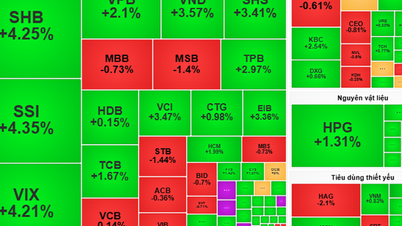
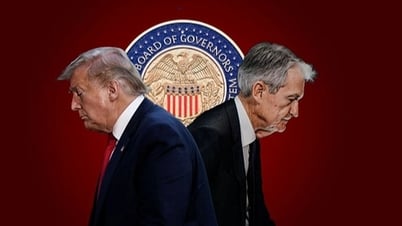






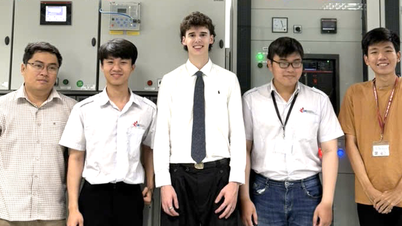

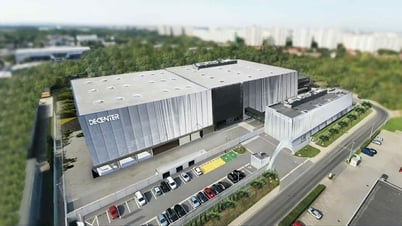


























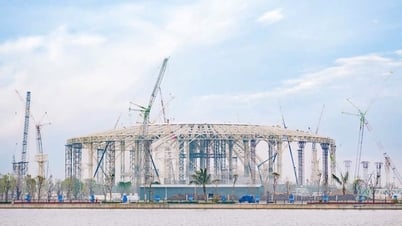











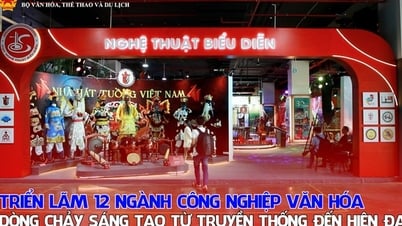






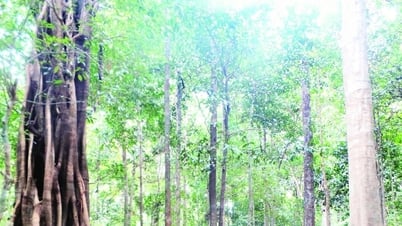


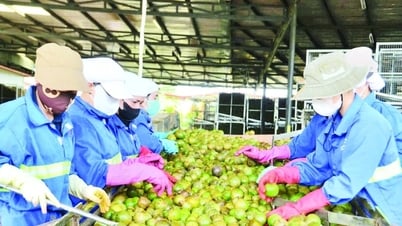



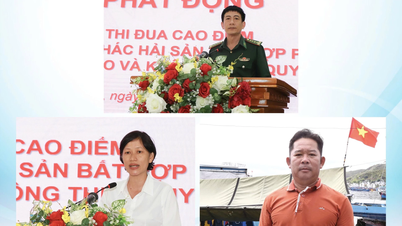













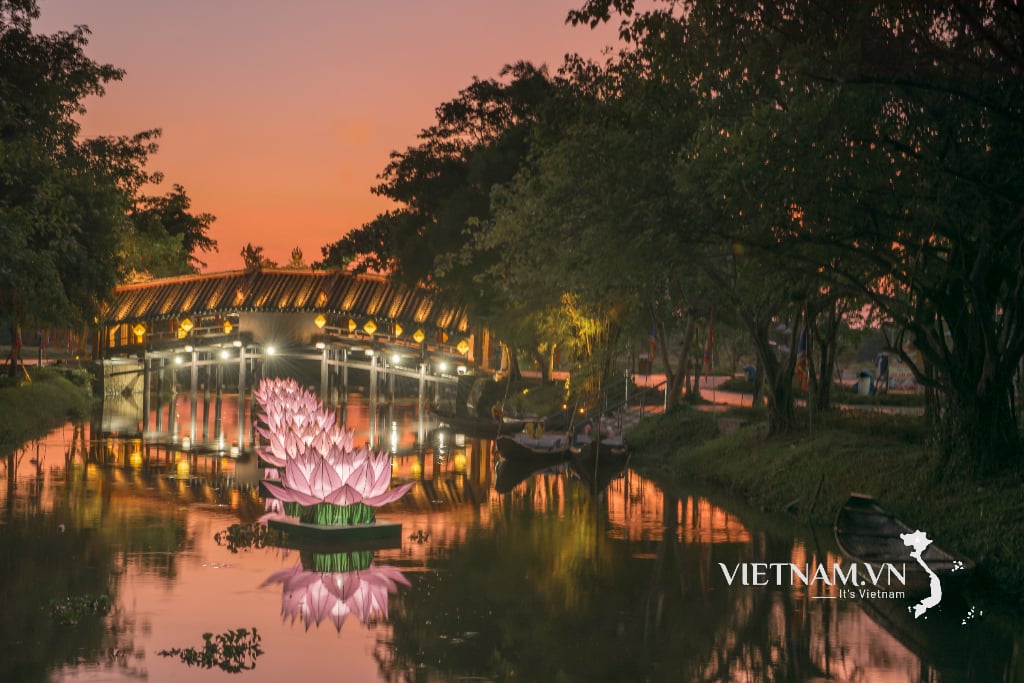
Comment (0)